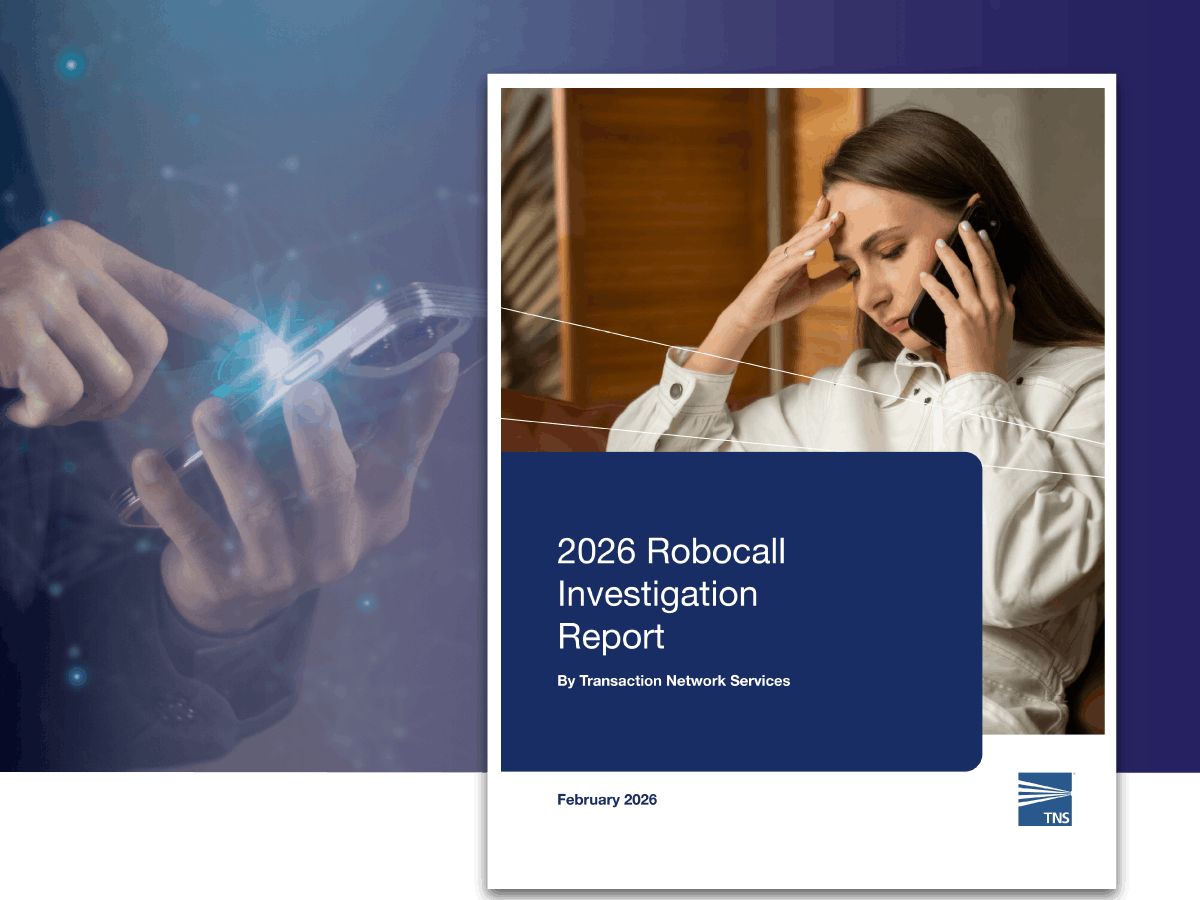As 2021 approaches, we anticipate a rise in robocalls mentioning Medicare and health insurance with open enrollment occurring at this time of the year. Obtaining and maintaining health insurance can be a confusing process for some, making it a lucrative scam opportunity for fraudsters. Fraudsters use topical themes to adjust their scams. Medical identify theft is one of the most alarming as often the person with coverage is held accountable. Here are some tips on how to avoid falling victim to Medicare fraudsters.
The sheer volume of calls we see of this nature mean that if you own a telephone, you have more than likely already received a call about Medicare. A fraudulent call will take the format of a “patient advocate for Medicare” asking questions, specifically looking for your social security number or banking information.
Callers may become aggressive and repeatedly call until they receive the information they are phishing for. In many cases we see scammers call at least twice a day, every day, and sometimes from numerous telephone numbers. The scam artist may use some easily attainable information such as your name or address to make the call appear legitimate. They will claim they need your information for a variety of reasons like to send you a new card, to update your benefits, or to prevent your plan from being canceled. They may even ask you to mail in your old card.
According to the official Medicare website, you would only receive a call from a health or drug plan that you are already a member of and customer service representative calls may be identified on your display as from 1-800-MEDICARE. Although, be aware of spoofing, as legitimate government agency numbers can and are often spoofed. If you receive a call from 1-800-MEDICARE and think it’s suspicious, hang up and call the number directly to speak to a legitimate representative and confirm if they called you.
One recent scam capitalized on the growing popularity of genetic testing and fears of terminal illness. The representative says that Medicare offers genetic screening nationwide and if you don’t act soon you could lose your benefits. While Medicare has limited coverage of genetic testing for an inherited genetic mutation it would never cancel your policy for not taking a test. Other scams have included eligibility for braces for pain relief.
Be aware that Medicare will never call and ask for personal information or to sell you anything. Medicare can’t enroll you over the phone, unless you called Medicare first. If there is a reason to reach out to you, they typically communicate through mail first. Most importantly, Medicare will never visit you at your home. And, remember to never give your personal information over the phone and report any suspicious calls you receive. If you suspect fraud, call 1-800-MEDICARE. Also, review your Medicare claims regularly to check for suspicious activity and services billed to your Medicare number that you don’t recognize.
In addition, consumers can protect themselves by leveraging robocall detection solutions powered by TNS Call Guardian. In these trying times, vigilance is even more important than before; be smart and stay safe.
Jim Tyrrell is Senior Director of Product Marketing at TNS with specific responsibility for TNS’ Communications Market solutions.






